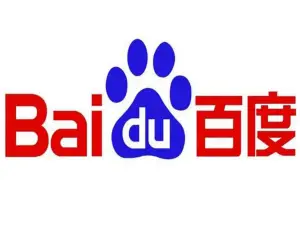Replicate
Replication is the process of creating a duplicate version of something. In the context of SEO, replication can refer to replicating successful content strategies from other websites. This can involve analyzing the content and structure of high-ranking pages to identify what makes them successful, and then adapting these strategies to drive traffic and increase the visibility of your own content. By replicating successful strategies, businesses can save time and resources while effectively improving their SEO efforts. However, it's important to remember that simply copying content from other sites may result in penalties and negative consequences for your website's ranking. Instead, businesses should focus on adapting successful content strategies by adding their own unique spin to the content and making sure that it aligns with their brand goals and target audience. The key is to identify what has worked well for others and then customize that strategy to fit your own needs and objectives. With careful planning and execution, replication can be a valuable tool in helping businesses to improve their SEO and gain a competitive edge in their industry.
Features:
Fine Tuning / Tips:
Replicate Pros:
Replicate Cons:
Replicate Price:
App pricing information for Replicate is as below:
$0.012 per minute 4x CPU 8GB RAM
Nvidia T4 GPU
$0.033 per minute 4x CPU 16GB GPU RAM 8GB RAM
Nvidia A100 40GB GPU
$0.138 per minute 10x CPU 40GB GPU RAM 72GB RAM
Testimonials:
Replication is a valuable tool for improving SEO, but it's important to adapt strategies to fit your own needs and objectives.
- Digital Marketer
Copying content from other sites may result in penalties, but analyzing successful content strategies can save time and resources while driving traffic.
- Content Creator
Replicating successful strategies requires careful planning and execution, adding your own unique spin to the content to align with your brand goals.
- Business Owner





